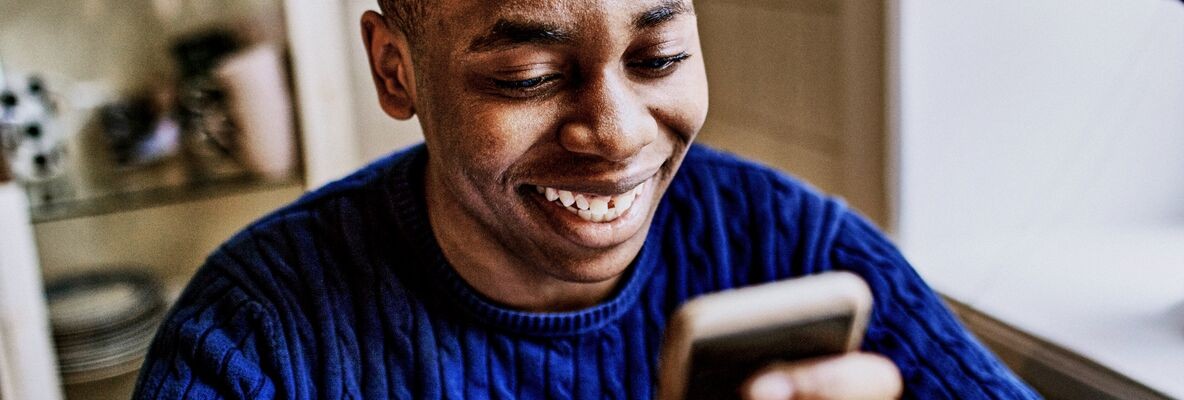Socially responsible consumption in three questions
Socially responsible consumption is on the rise in Luxembourg. According to the NGO Fairtrade Lëtzebuerg, in 2020, each Luxembourg resident spent an average of 39 euros on goods, both food and others, bearing the "fair trade" label, i.e. a total of 24.38 million euros. That sum may seem modest, but it is increasing year by year and only five countries in the world were more generous that year than Luxembourg, mainly Switzerland, Ireland and Sweden. So why don’t you buy fair trade products and become a socially responsible consumer too?
What exactly are we talking about?
First of all, it is important to know exactly what we are talking about. What do we mean by socially responsible consumption or ethical consumption? It can be defined as informed and supportive consumption in which you are aware of the different societal issues influenced by your purchases. Just satisfying one's needs and the quality / price ratio are no longer the only purchasing criteria. You also take into account the societal impact, mainly in the countries of the South. In concrete terms, as a socially responsible consumer, you will opt for fair trade products and services. This form of international trade is essentially based on social values such as the payment of a fair price that allows producers to improve their living conditions and make their production profitable, respect for workers’ rights and the abolition of child labour.
Where can you find fair trade products?
Fair trade products are available in specialised stores such as Les boutiques du Monde (Weltbutteker) as well as in most major retailers. The all have a label, usually the “Fairtrade” label, enabling you to recognize them. This ethical label, the most well-known label worldwide, guarantees that the labelled product meets international criteria for fair trade. There are several versions of this label. In addition to the original label applied to single ingredient products such as bananas or coffee and the label with an arrow for composite products such as chocolate bars or cereals, Fairtrade International also offers two other labels for specific products.
The Fairtrade Gold label certifies that all gold used for a piece of jewellery has been extracted and traded fairly and is physically traceable throughout the supply chain. There is also a “Fairtrade Standard” for textiles. By purchasing garments bearing this label, you can be sure that they have been made from fair trade cotton and in decent working conditions for the workers involved in the production chain.
Which app to use to become a real consum’actor?
There are also apps available on the AppStore and Google Play if you want to go further and become a fully fledged consum’actor. The best known is “BuyOrNot”. This free app was launched in September 2018 by I-buycott, a non-profit association active in France and Switzerland and whose ambition is to have citizens use their boycott and buycott power. Buycott is a neologism meaning that you buy one thing rather than another to promote a cause. BuyOrNot not only allows you to decipher the ingredients of a product, but also to know the social impact of the company that sells it. When you scan the product, you can see the name of the multinational company behind the brand, find out whether it is the subject of a boycott campaign and what the demands of that campaign are. If you agree with the demands, you can take part in the boycott campaign directly via the app. More than 600,000 products are currently evaluated. The campaigns comprise on average between 15,000 and 60,000 participants. They are mainly initiated by the I-buycott association and the companies in question can reply to the boycott to defend themselves or give commitments if they wish to put an end to the boycott.
03/23
My Money
-
10 ways to make your Wi-fi more secure

By now, most of us know that public hotspots aren’t always safe to use. Yet, internet security can be an issue even when using your home Wi-fi. Here are a number of ways to improve network security at home.
-
5 tips to save money on your skiing trip

Winter sports holidays are quite expensive. Thus, I wanted to share some savvy tips to enjoy them as much as possible without worrying about money with you!
-
5 websites to personalise your gifts

Are you looking for a truly original, personal gift? There are more and more websites that enable you to personalise clothing, accessories, furniture, and gadgets in just a few clicks. Here are a few sites offering the most interesting customisation options.